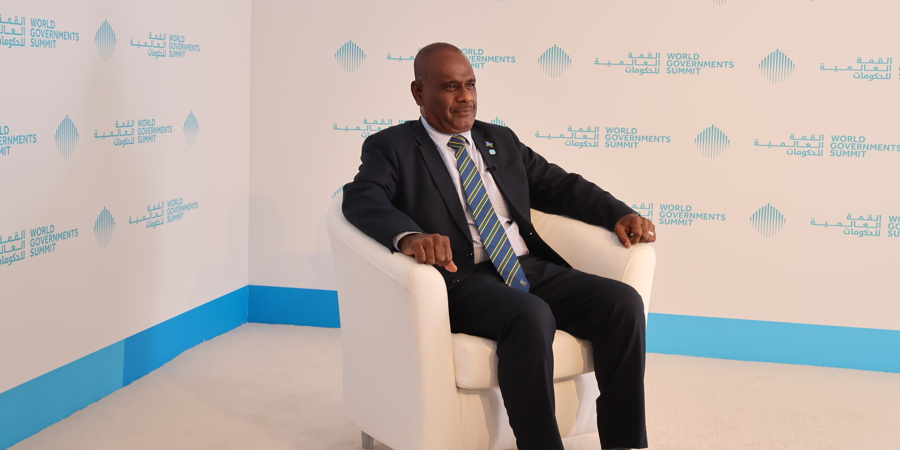The Cabinet has recently decided to review the Solomon Islands National Infrastructure Priority Pipeline (SINIPP), following recommendations made during last year’s Economic Summit.
The summit had urged the government to address the existing infrastructure gap to facilitate economic activities and improve service delivery.
Multilateral banks have also echoed this need, emphasizing the importance of increased infrastructure investment to support the country’s commitment to achieving the Sustainable Development Goals (SDGs).
Prime Minister Jeremiah Manele confirmed the review during a press conference at the Office of the Prime Minister and Cabinet on Monday.
He stated that the Ministry of National Planning and Development Coordination has already commenced the review process, starting with consultations with provincial governments to identify key infrastructure development priorities based on their specific needs.
“The key objective underpinning this review and realignment is my government’s vision and commitment to ensure a better balance and distribution of key infrastructure investments across all our provinces,” PM Manele said.
He added that the Government for National Unity and Transformation (GNUT) will allocate the necessary resources for the revised SINIPP and collaborate with development partners for its implementation.
“Let me assure our provincial governments and leaders that we are committed to balancing infrastructure investment and development across our nine provinces,” he stated.
The Priority Infrastructure Pipeline is directly aligned with the country’s National Development Goals. The Solomon Islands National Infrastructure Priority Pipeline 2023 document consolidates the most significant national projects and programs into a single framework. These projects were selected for their potential contribution to the goals and objectives of the Solomon Islands National Development Strategy (NDS).
However, the Pipeline is not intended to encompass all government infrastructure efforts. Its primary purpose is to create an integrated plan highlighting transformational projects that can significantly advance the NDS goals. This consolidation allows the government and development partners to better organize and coordinate infrastructure planning and investment.
It is also important to note that many smaller infrastructure projects and programs exist outside this Priority Pipeline. While more modest in investment scale, these initiatives play a crucial role by delivering incremental, diverse, and geographically distributed impacts. Such projects are typically funded through the Government’s Development Budget and implemented by ministries, provincial governments, and at the constituency level.
By EDDIE OSIFELO
Solomon Star, Honiara









